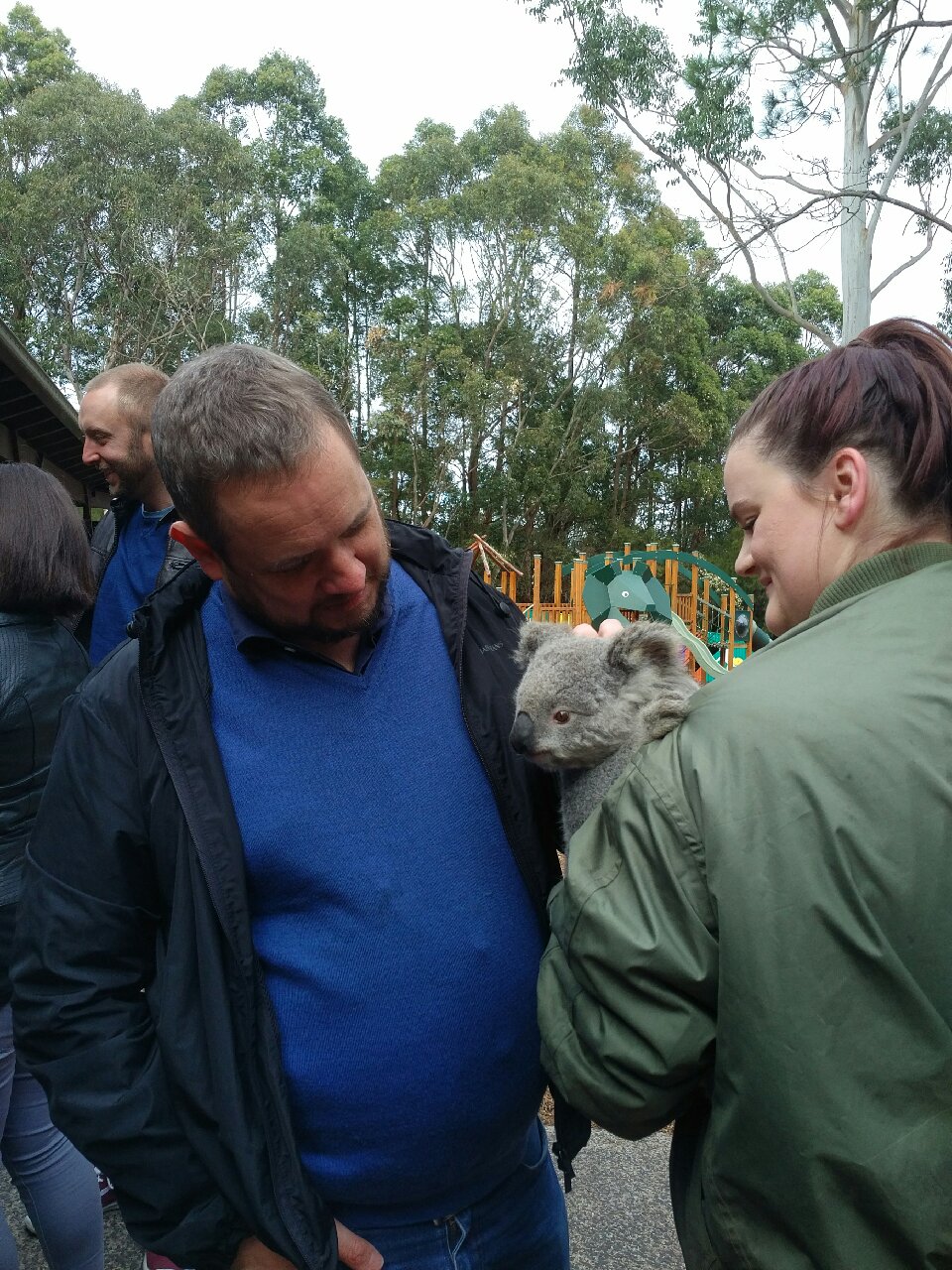I've attached a copy of our presentation to this post. In it, I share the findings of our ongoing research using the Proposal Benchmarker, our free online self-assessment tool used to date by some 400 organisations worldwide.
I explore what most teams do well, where people consistently struggle, and what differentiates the most successful bidding organisations from the run-of-the-mill. And, using data from the tool, I show the direct correlation between proposal capabilities and win rate.
Feel free to download it and use it to stimulate debate internally. If it sparks any bright improvement ideas, let me know! And, of course, you might also want a go at benchmarking your own capabilities using the tool.
Posted by Jon
| how_the_best_win_-_jon_williams_-__c__strategic_proposals_2018.pptx |


 RSS Feed
RSS Feed
